Rethinking Butter, Eggs, and Animal Protein in Integrative Medicine
Healthcare professionals often hear concerns from patients about eating butter, eggs, or too much meat. For years, these foods were linked to high cholesterol and heart disease. But newer research suggests the relationship is more complex (Astrup et al., 2020). As integrative medicine practitioners, we need to look at the full picture—how these foods affect gut health, inflammation, and long-term outcomes, not just cholesterol levels.
Butter and Heart Disease: What the Research Shows
The idea that saturated fat causes heart disease began in the 1950s, known as the diet-heart hypothesis. Butter, being high in saturated fat, was considered a risk factor. However, recent studies show a different story.
A large systematic review and meta-analysis included 15 country-specific studies and over 636,000 participants, with 6.5 million person-years of data (Pimpin et al., 2016). It found no significant link between butter consumption and:
- Cardiovascular disease
- Coronary heart disease
- Stroke
There was a slight link to higher overall death rates, but interestingly, butter was linked to a lower risk of type 2 diabetes. These findings suggest that moderate butter consumption is not a major risk factor for heart disease.
Clinical takeaway: Butter can be included in a balanced diet. Instead of focusing only on cholesterol, look at the overall diet quality, including fiber intake, gut health, and inflammation markers.
Eggs: High in Cholesterol, But Not a Risk Factor?
Eggs have also had a poor reputation for raising cholesterol. But observational and long-term studies tell a different story.
A 2020 study looked at egg consumption across multiple countries and found mixed results (Dehghan et al., 2020). While some studies suggest that people who ate seven or more eggs per week had no significant changes in cardiovascular disease risk, other research indicates potential concerns with very high cholesterol intake (Zhong et al., 2019). The relationship between egg consumption and health outcomes appears to be more nuanced than previously thought.
Eggs contain antioxidants, vitamins, minerals, and anti-inflammatory compounds. One egg provides about six grams of high-quality protein.
Clinical takeaway: Eggs can be safely included in the diets of most people, even those with metabolic or cardiovascular concerns, when part of a nutrient-dense, balanced plan. However, moderation may be key, particularly for individuals with existing cardiovascular risk factors.
High Meat Diets and Gut Health: What to Watch For
High-protein diets like Paleo can help some people lose weight or stabilize blood sugar. But eating a lot of animal protein with little fiber can lead to problems in the gut (Genoni et al., 2020).
Key concerns include:
- Less fiber means lower production of short-chain fatty acids like butyrate, which support gut health
- Animal proteins high in L-carnitine and choline can increase TMAO levels, which may contribute to atherosclerosis (Wang et al., 2011)
- High meat intake can change gut bacteria in a way that increases inflammation and allows harmful bacteria to pass into the bloodstream (Singh et al., 2017)
Some patients on strict Paleo diets report more fatigue, joint pain, brain fog, or digestive issues—especially when fiber is low and animal protein intake is high.
Clinical takeaway: A varied diet supports a healthier gut. Combining animal protein with plenty of vegetables, legumes, and omega-3 fats helps reduce inflammation and support microbiome diversity.
Practical Guidelines for Practitioners
When guiding patients, especially those with heart disease, autoimmune conditions, or digestive problems, consider the following:
- Moderation matters: Butter and eggs are not harmful when consumed in reasonable amounts as part of a whole-food diet
- Diversity is key: Encourage patients to rotate their protein sources—beef one day, fish the next, then legumes or poultry. This supports a balanced nutrient intake and a healthier gut microbiome
- Don't forget fiber: Plant foods help produce beneficial compounds like butyrate and reduce TMAO levels
- Look at the whole picture: In addition to cholesterol, assess inflammation, gut health, toxic exposures, and nutrient status
Conclusion
Nutritional science is always evolving. Foods like butter and eggs, once considered harmful, are now better understood within the context of whole-body health. Rather than relying on outdated guidelines, integrative medicine offers a broader approach, looking at how diet impacts the microbiome, inflammation, metabolic health, and overall resilience.
A balanced, diverse diet that supports gut health and lowers inflammation is key. Practitioners should tailor recommendations based on the individual, using the latest evidence to guide dietary advice.
References
Astrup, A., Magkos, F., Bier, D. M., Brenna, J. T., de Oliveira Otto, M. C., Hill, J. O., ... & Krauss, R. M. (2020). Saturated fats and health: A reassessment and proposal for food-based recommendations: JACC state-of-the-art review. Journal of the American College of Cardiology, 76(7), 844-857.
Dehghan, M., Mente, A., Rangarajan, S., Sheridan, P., Mohan, V., Iqbal, R., ... & Yusuf, S. (2020). Association of egg intake with blood lipids, cardiovascular disease, and mortality in 177,000 people in 50 countries. The American Journal of Clinical Nutrition, 111(4), 795-803.
Genoni, A., Christophersen, C. T., Lo, J., Coghlan, M., Boyce, M. C., Bird, A. R., ... & Lyons-Wall, P. (2020). Long-term Paleolithic diet is associated with lower resistant starch intake, different gut microbiota composition and increased serum TMAO concentrations. European Journal of Nutrition, 59(5), 1845-1858.
Pimpin, L., Wu, J. H., Haskelberg, H., Del Gobbo, L., & Mozaffarian, D. (2016). Is butter back? A systematic review and meta-analysis of butter consumption and risk of cardiovascular disease, diabetes, and total mortality. PLOS ONE, 11(6), e0158118.
Singh, R. K., Chang, H. W., Yan, D., Lee, K. M., Ucmak, D., Wong, K., ... & Liao, W. (2017). Influence of diet on the gut microbiome and implications for human health. Journal of Translational Medicine, 15(1), 1-17.
Wang, Z., Klipfell, E., Bennett, B. J., Koeth, R., Levison, B. S., DuGar, B., ... & Hazen, S. L. (2011). Gut flora metabolism of phosphatidylcholine promotes cardiovascular disease. Nature, 472(7341), 57-63.
Zhong, V. W., Van Horn, L., Cornelis, M. C., Wilkins, J. T., Ning, H., Carnethon, M. R., ... & Lloyd-Jones, D. M. (2019). Associations of dietary cholesterol or egg consumption with incident cardiovascular disease and mortality. JAMA, 321(11), 1081-1095.
What Practitioners Are Saying About Our Classes:
Our community members include nurses, NPs, PAs, physicians, pharmacists, nutritionists, acupuncturists, Chiropractors, PTs, and other healthcare providers.

Transform your patients' lives with integrative medicine
Enhance your clinical toolkit with practical, evidence-based strategies and protocols for chronic disease using nutrition, herbal, and lifestyle medicine.
Learn More About the Integrative Health Practitioner ProgramGot questions? Book a discovery call with an admission advisor

Our Contact info:
Email us ✉ [email protected]
Call us ☎︎ (503) 750-4202
Monday to Friday: 8 AM to 5 PM PDT
Saturday: 8 AM to 1 PM PDT

